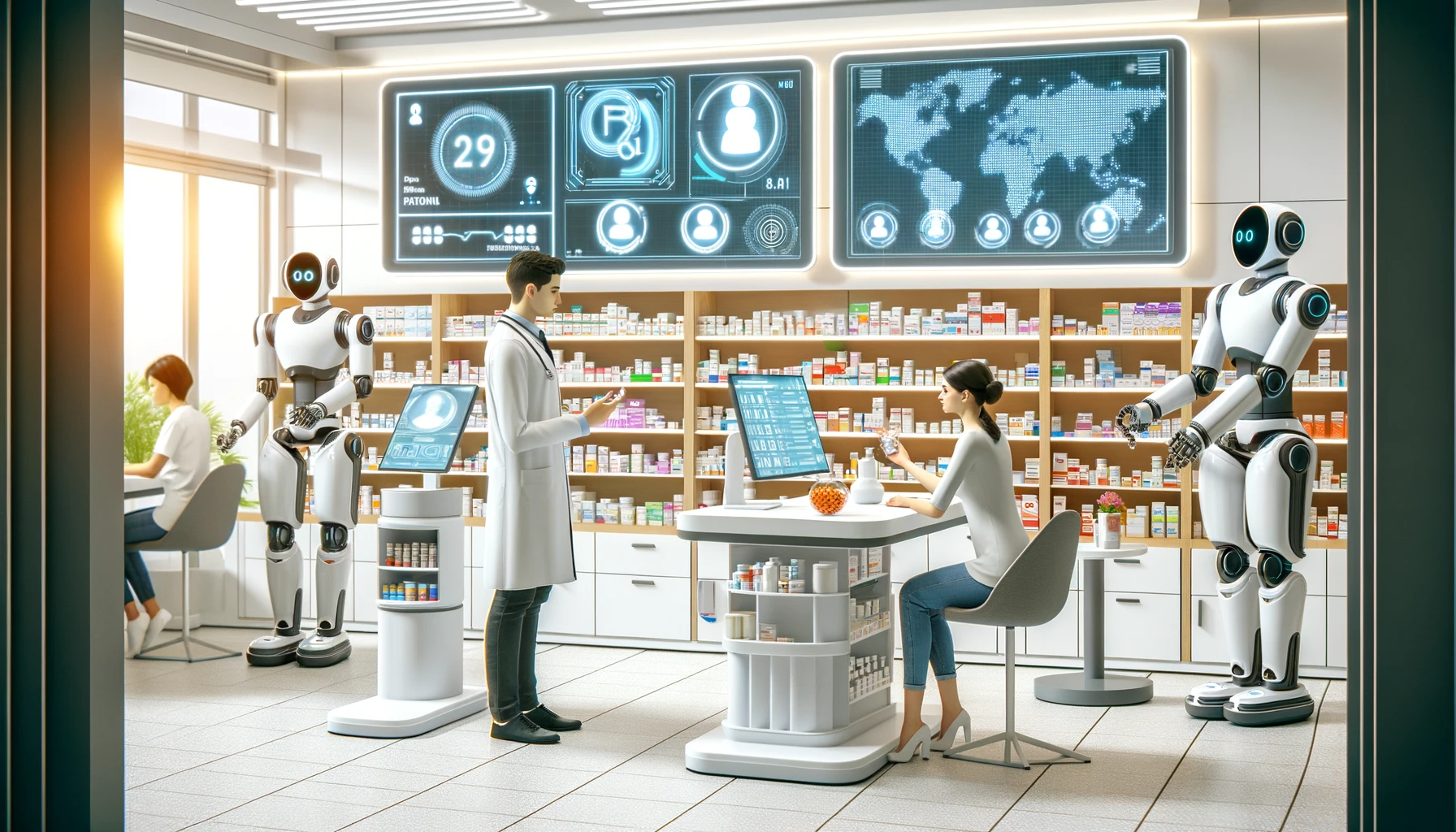
Hey everyone,
The pharmacy field is changing fast with all the new AI and automation technologies coming in. These changes bring some great opportunities but also a few challenges. If you’re a newly graduated pharmacist, here’s a quick rundown of what’s happening, what roles might be affected, and some tips to help you stay ahead.
What’s Going On
AI is taking over many routine tasks in pharmacy. We’re seeing automated systems that can fill prescriptions, manage medications, and even handle some basic consultations. While this makes things more efficient and reduces errors, it also means some traditional roles are shifting.
Roles That Might Be Affected
- Prescription Dispensing: Machines can now fill prescriptions quickly and accurately, so this part of the job is becoming more automated and will result in fewer retail jobs.
- Medication Management: AI tools can track whether patients are taking their meds and remind them about refills, so pharmacists might not need to handle these tasks as much.
- Safety Checks: AI can scan for drug interactions and safety issues faster than we can, making this process more automated too.
- Basic Consultations: Chatbots are starting to answer routine questions and give basic advice, which might mean fewer simple consultations for pharmacists.
But don’t worry—there are still plenty of areas where pharmacists are essential, especially where human judgment and interaction are key.
Tips for New Graduates
- Learn Some Tech Skills: Get comfortable with AI and data tools. They’re becoming a big part of healthcare, and knowing how to use them can make you a better pharmacist.
- Specialize in Clinical Pharmacy: Focus on areas where you can really make a difference, like medication therapy management and patient counseling. These roles rely heavily on your expertise and human touch.
- Be Patient-Centered: Work on your communication skills and show empathy. AI can’t replace the personal connection and trust you build with patients.
- Understand Health Informatics: Learn about electronic health records and other information systems. This will help you integrate AI tools into your practice more effectively.
- Collaborate with Other Healthcare Pros: Being able to work well with doctors, nurses, and other healthcare professionals is crucial. AI is great, but teamwork is what really drives patient care.
- Get Into Research: If you’re interested in the cutting-edge side of pharmacy, get involved in research. It’s a great way to stay ahead and contribute to new developments.
- Find Your Niche: Look into areas that are less likely to be automated, like geriatric pharmacy or pharmacogenomics. These fields need personalized, human-focused care.
- Learn Some Business Skills: Understanding the business side of pharmacy can open up new opportunities, whether in management or even running your own practice.
Embrace the Future
As the pharmacy profession continues to evolve with AI and automation, staying adaptable and proactive is key. By embracing technology, specializing in clinical areas, and honing interpersonal skills, new pharmacy graduates can thrive in this dynamic landscape.
Stay ahead of the curve and be a part of the exciting future of pharmacy!
